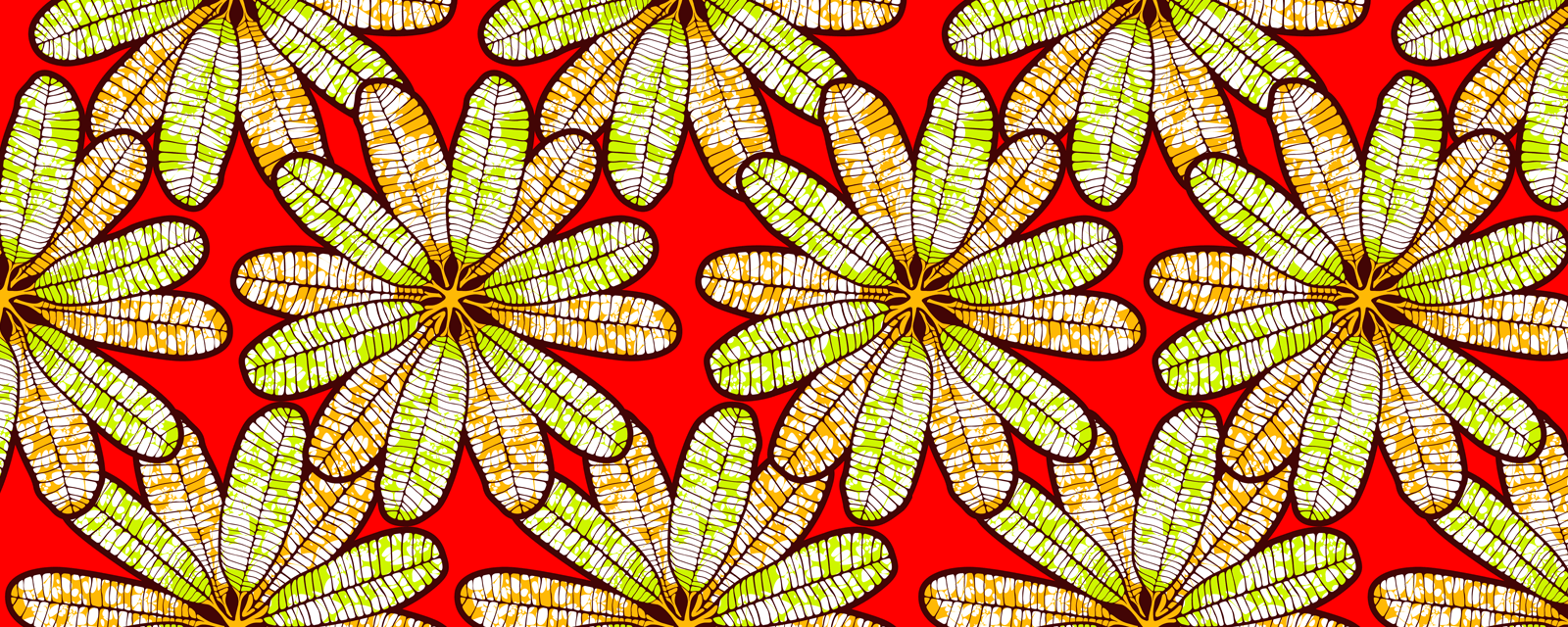A Swahili poem in praise of the coconut palm, discovered c1905 by the scholar Muhammed Kijuma (1855.1945) in an old collection of marriage songs. It is attributed by some to the legendary hero Liyongo (see ‘The Legend of Liyongo’).
Swahili poetry is much influenced by Arab and Persian forms, as is evident here from the long lines (each of 20 syllables), and rhymed couplets.
Give me the minstrel’s seat that I may sit at ease and tell of the praises of the coco-palm. (1)
This tree, when it is young and sprouting, spreads its leaves outwards widely. (2)
Then it thrusts forth its bole and puts forth its leaf sheath and its spreading roots,
lastly it brings forth its fruits, and its fruits are known as coconuts.
They are plucked down and stripped of their husks and cooked with boiled rice and sauces, (3)
from the empty shell, they carve a ladle for cooking for the servant girl Sada (4)
Its grated nut, squeezed free of juice, is scattered on the midden and the cock scratches for it there,
its fibre they plait into cord for the rigging of clippers and dhows. (5)
With its fronds they thatch a house and ward off the winds and the wind-swept sand, (6)
of its trunk they make doors to resist the enemy and the robber at one’s gate.
Here is the Swahili version, Shairi la Mnazi.
Pani kiti nikae kitako niwambie sifa za mnazi.
Mti huu unzapo kumeya makutiye yanga panga wazi.
Baadaye hushuska kigogo hutoleza mapanda na mizi,
hatimaye huwaa matunda matundaye inakwitwa nazi.
Huyangwa hwambua makutiye hapikia wali na mtunzi,
kifwuche hatonga upawa kapikia Saada muwandazi.
Na takizi hamwaya jaani katakura yimbi mtakuzi,
makumbiye hasokota kamba haundia sambwe na jahazi.
Makutiye hazibia nyumba hazuia pepo na fusizi,
kigogoche hafanyia mlango hazuia harubu na mwizi.
from “Popular Verse of the Swahili Tradition”,
Lyndon Harries,
Africa 22 (1952). 159
Footnotes
- The formulaic beginning of many Swahili songs.
- The description in lines 2–4 of the coconut palm’s growth is extremely accurate.
- Equally accurate in lines 6–10 is the account of the tree’s various uses, with no part wasted.
- Sada: The same servant girl as in The Legend of Liyongo.
- Dhow: An Arab trading vessel, typically with a long, thin hull, a single mast and a lateen sail.
- Coconuts are coastal trees, and in the typhoon season blown sand can be a nuisance.

